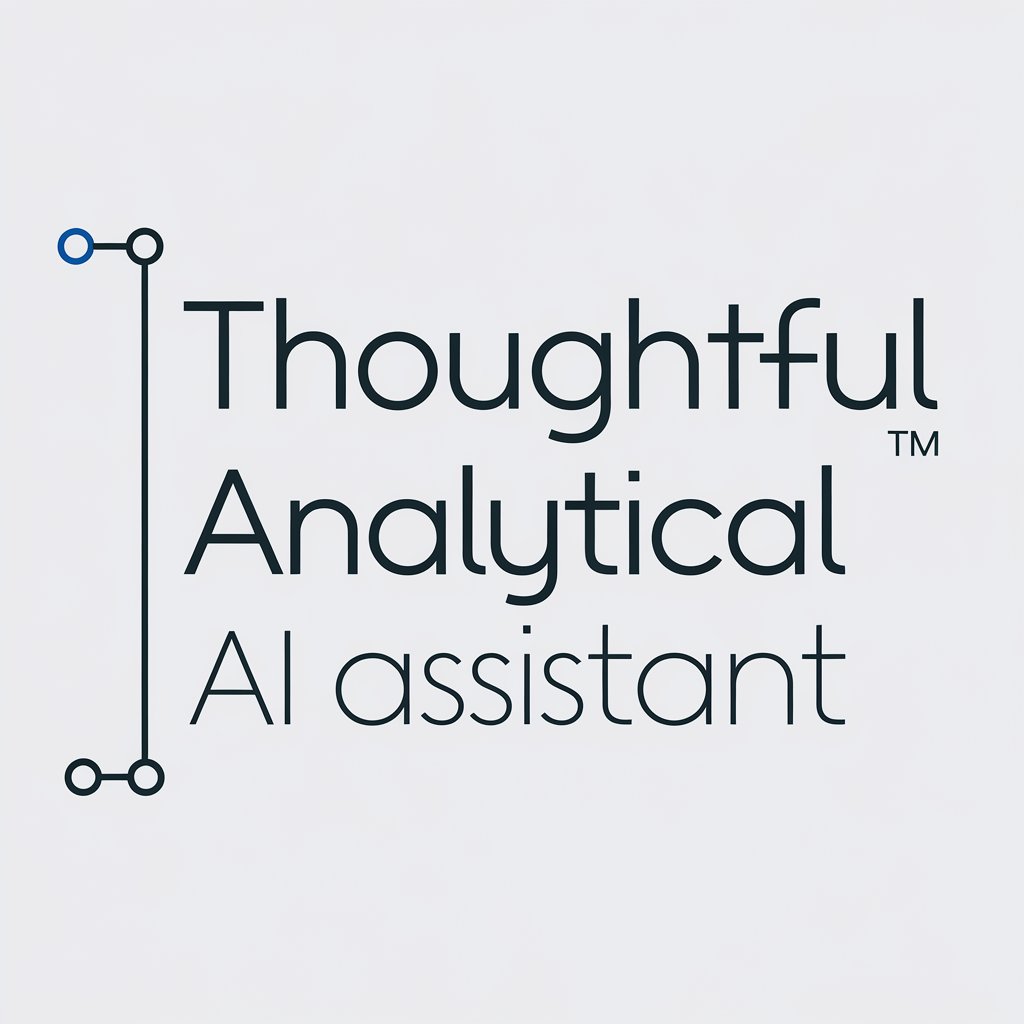
Benchmark Analyst-VC-grade competitive analysis
AI-powered competitive intelligence for startups
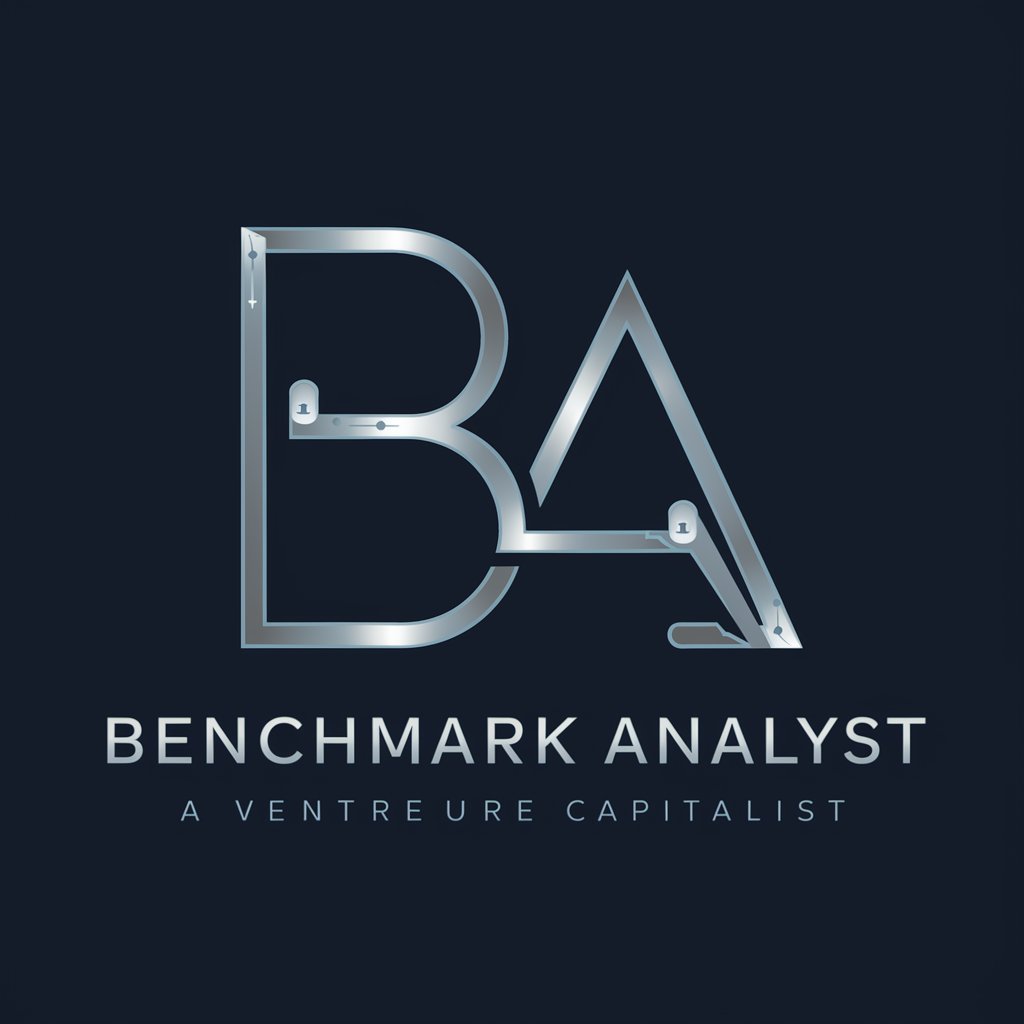
Expert in competitive analysis (funding, products, market position, SWOT & USP), and Google Sheets builder.
Complete a competitive analysis for me.
What's the importance of competitive analysis?
What data is in your competitive analysis?
Get Embed Code
Benchmark Analyst — VC-grade competitive analysis assistant
Benchmark Analyst is a specialized GPT configured to act like a senior venture capitalist and board advisor: it synthesizes public filings, product docs, job posts, reviews, news, and metrics into investor-grade outputs. Purpose: speed up evidence-backed decisions (fundraising, product, GTM, M&A) by producing concise memos, slide decks, financial models, and action plans. Example scenarios: (1) compile a Series A diligence memo summarizing KPIs, cap table, and top 5 risks; (2) map feature/price positioning across three competitors and recommend a pricing experiment; (3) build a 90-day enterprise GTM playbook for a freemium SaaS firm.
Core functions and real-world applications
Competitive benchmarking & market mapping
Example
Rank product features, pricing, distribution and unit economics for a target company versus three nearest competitors; produce a feature matrix, pricing bands, TAM/SAM/SOM estimate and a prioritized product roadmap.
Scenario
A founder about to change pricing asks for data: Benchmark Analyst gathers pricing pages, customer reviews, job ads and investor decks, computes comparative ARR:CAC:LTV proxies, identifies gaps,Benchmark Analyst overview and delivers a 1-page recommendation plus a 3-scenario revenue impact model (conservative/likely/upside).
Investor-grade due diligence & deal memos
Example
Create a 2-page investment memo for Series A: traction summary, growth channels, KPIs, unit economics, cap table summary, comparable multiples, top risks, and recommended diligence questions and covenants.
Scenario
A VC evaluating a pitch uses the memo to triage: quick red-flag checklist (e.g., concentrated revenue, founder gaps), model 5-year exit scenarios, and a prioritized list of follow-up requests (data room items and legal/technical checks).
Go-to-market strategy, positioning & pricing experiments
Example
Design a GTM shift from self-serve to enterprise: define ideal customer profile, messaging pillars, sales motions (SDR→AE→CS), pilot pricing bands, contract terms, and required KPIs for rollout.
Scenario
Head of Growth runs a 90-day pilot: Benchmark Analyst proposes messaging A/B tests, a 3-account enterprise pilot playbook, forecasted CAC ramp, hiring timeline for 2 AEs + 1 CS, and success criteria to decide full roll-out.
Who benefits most
Early-stage founders & product teams
Seed to Series B founders who need fast, investor-quality research for fundraising, pricing, product prioritization, or GTM decisions. Benefits: clear investor narratives, prioritized growth experiments, defensible pricing and roadmap choices, and faster prep for investor conversations.
VCs, angel investors, corporate strategy & BD teams
Investors and corporate teams running diligence, portfolio monitoring, or M&A evaluation. Benefits: standardized deal memos, risk scoring, comparable company comps, TAM estimates, continuous competitor surveillance, and actionable recommendations to inform term sheets, follow-on investments, or acquisition decisions.
How to use Benchmark Analyst
Start a free trial
Visit aichatonline.org to start a free trial — no login required and no ChatGPT Plus needed. Use the trial to explore templates, run a sample benchmark, and verify outputs before uploading sensitive or proprietary data.
Prepare inputs (prerequisites)
Gather the company name(s), industry, 12–24 months of key metrics (revenue/ARR, growth %, users, CAC/LTV if available), product descriptions, and a list of competitors. Prerequisites: reliable internet, an optional CSV/Google Sheet for imports, and a clear analysis objective (pitch, diligence, pricing, product strategy).
Configure and run an analysis
Choose a template (startup, scale-up, or enterprise), set KPIs to compare, upload or paste your data, and run. The tool auto-generates: company overview, products & tech, funding, market position, channels, SWOT, USP, and regulatory notes. Use built-in filters to compare cohorts (size, region, stage).
Export, interpret, iterate
Export results to Google Sheets, CSV, or PPT forHow to use Benchmark Analyst decks and diligence. Review both the concise section summaries and appendices, annotate assumptions, adjust inputs (e.g., correct revenue figures) and re-run scenarios (best / base / worst) to stress-test conclusions.
Tips for optimal results
Supply clean numerical data and clear objectives; triangulate funding and market stats with public filings; label assumptions inside datasets; run competitor cohorts rather than one-off comparisons; combine outputs with customer interviews and primary research for highest accuracy.
Try other advanced and practical GPTs
Redattore Web
AI-powered rewriting for clear journalistic copy

Entity Relationship Assistant
AI-powered ER diagram generator for fast data modeling
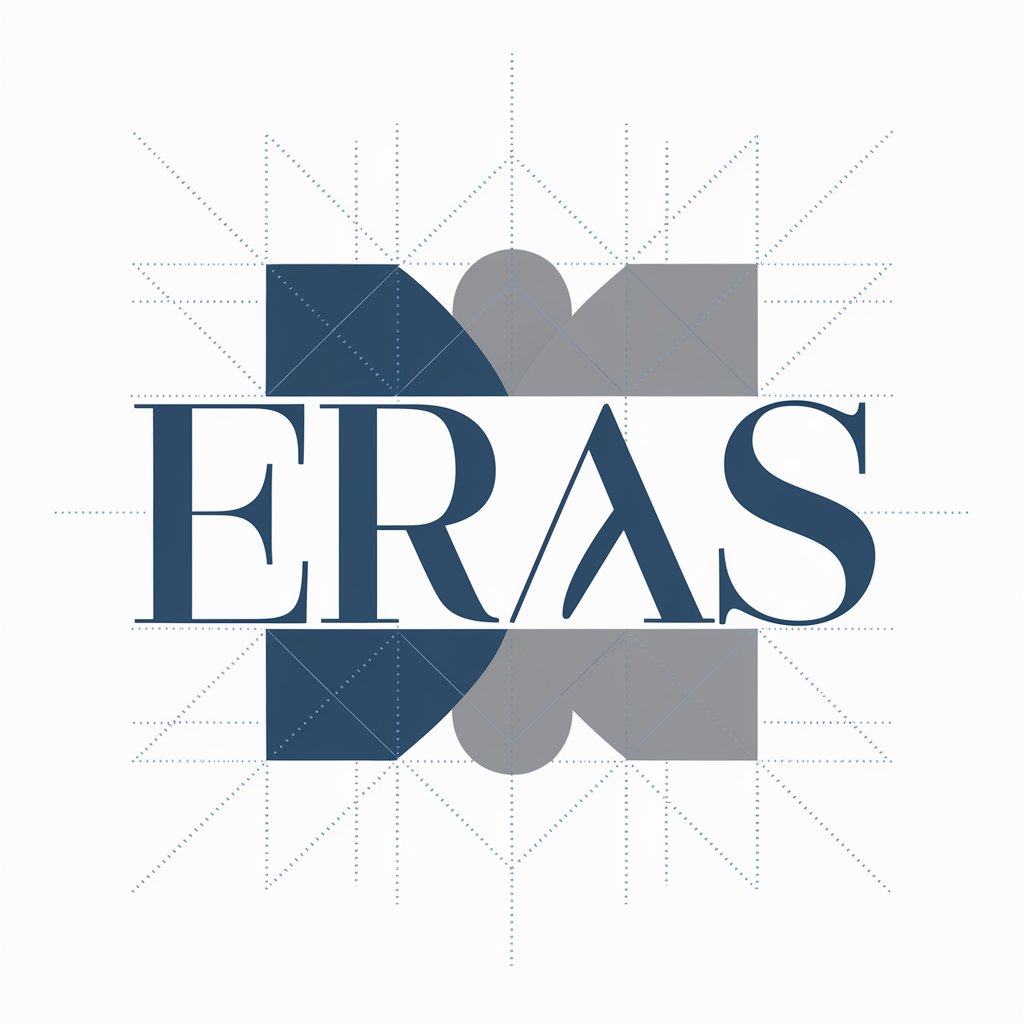
Deep learning and Neural networks expert
AI-powered deep learning guidance and code
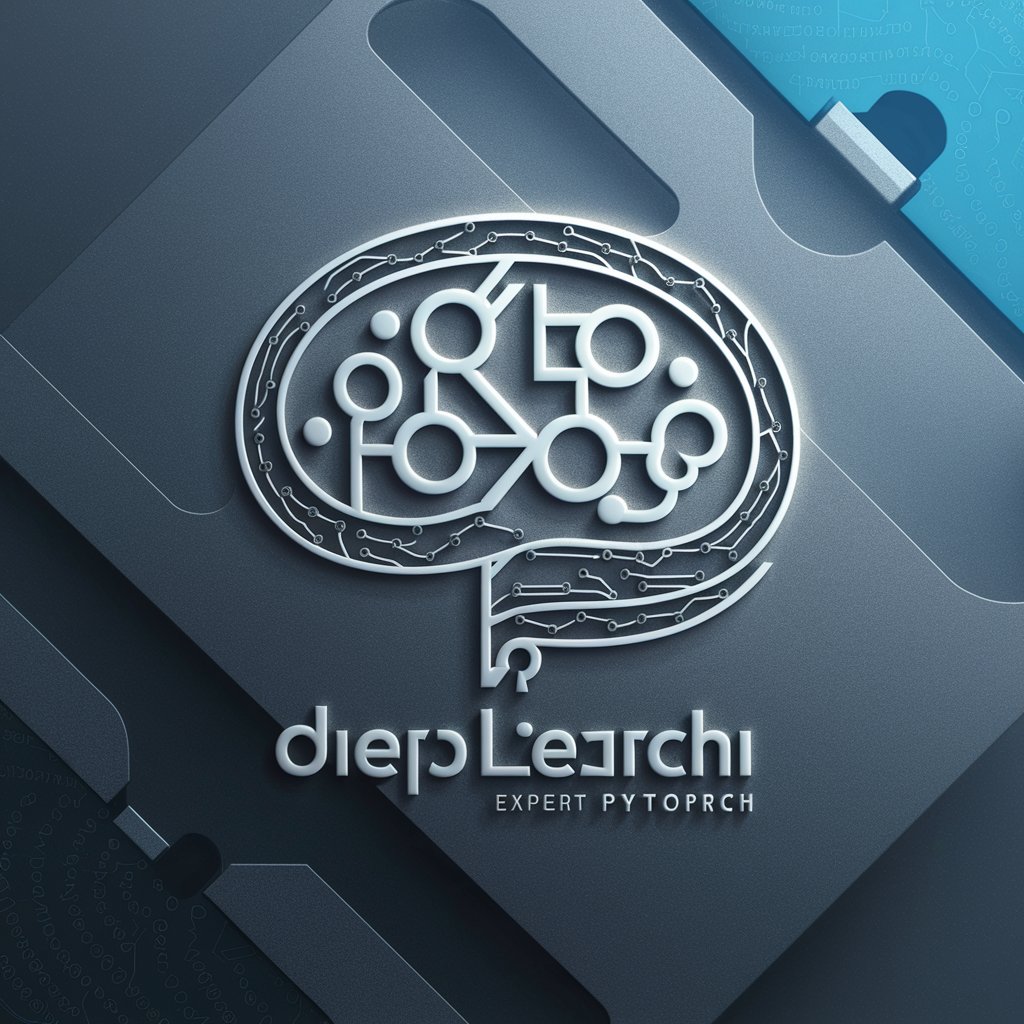
Bhagavad Gita Counseling
AI-powered Bhagavad Gita guidance for modern life

Alt Text Guru
AI-powered concise alt text for accessibility

Psychometric GPT
AI-powered psychometric assessments for personalized insights.

Book Cover Generator
AI-powered cover design for authors.

Dietitian
AI-powered personalized diet plans

Construction Law Expert
AI-powered construction law drafting and analysis

Media Buyer Expert
AI-powered media buying — smarter campaigns, higher ROI.

OET Writing Coach
AI-powered feedback for OET writing tasks
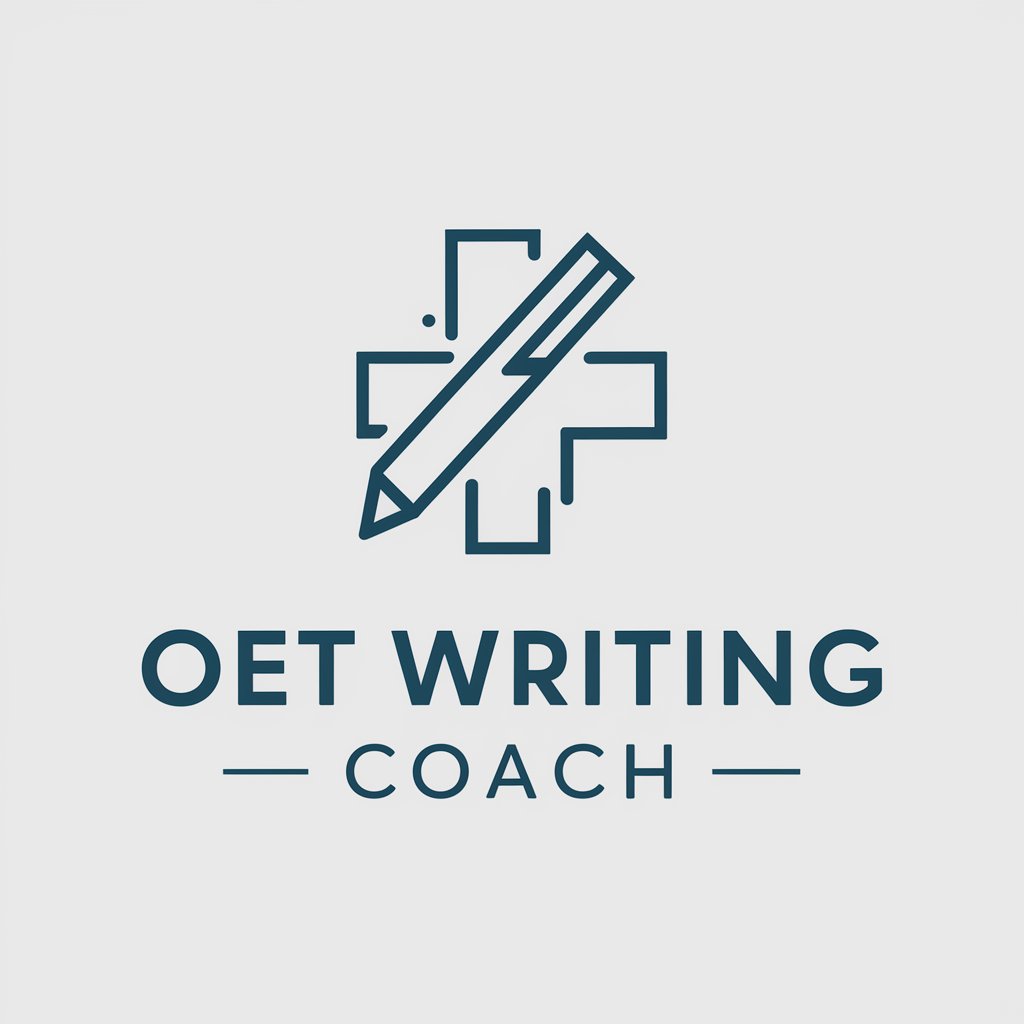
RoboLOx
AI-powered code and content generator

- Market Research
- Competitive Analysis
- Product Strategy
- Due Diligence
- Pitch Prep
Top questions about Benchmark Analyst
What is Benchmark Analyst and what can it produce?
Benchmark Analyst is an AI-driven competitive analysis and benchmarking tool that produces concise, executive-ready outputs: company overviews, product/service catalogues, funding timelines, market position, distribution channels, SWOT, USP, and regulatory highlights. It also generates data tables, charts, and slide-ready bullets for investor decks, due diligence, and product strategy.
How accurate are the funding, market-share, and financial estimates?
Accuracy depends on source quality: public filings and verified datasets produce high confidence; estimated values for private companies rely on heuristics and comparable peers. For best accuracy, upload your internal financials or third-party subscription data. Always treat inferred figures as estimates and annotate any manual overrides.
Which integrations and exports are supported?
Typical workflows include exports to Google Sheets, CSV, and PowerPoint (slide-ready bullets and charts). Benchmark Analyst also supports bulk CSV imports, an automation-friendly REST API and Apps Script snippets for Google Sheets, plus web-source citations for traceability so you can plug outputs into pipelines and dashboards.
How is confidential data handled and secured?
Benchmark Analyst follows standard best practices: encrypted transport (TLS), configurable data retention, and role-based access controls for teams. For enterprise customers, isolated data environments or contractual data-handling terms are available. Avoid uploading highly sensitive personal data unless you’ve confirmed specific enterprise controls.
Who benefits most and what are typical use cases?
Primary users are founders, VCs, corporate strategy teams, product managers, and consultants. Common use cases: pitch preparation, investor diligence, pricing/positioning decisions, product roadmap prioritization, and competitive monitoring. Deliverables include short executive summaries, SWOTs, charts, and exportable tables for decks and analysis.

